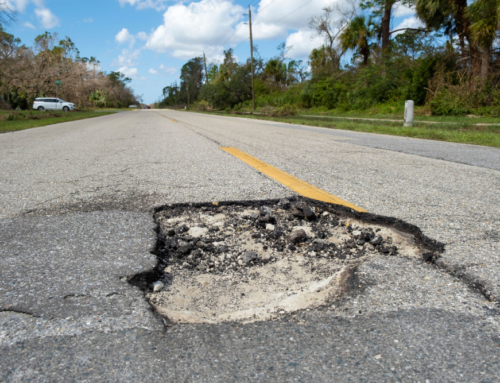When pursuing a personal injury claim, timing is of the essence. One of the most critical factors affecting your case is the “statute of limitations.” But what exactly is it, and how can it impact your personal injury claim? This comprehensive guide will delve into the intricacies of the statute of limitations, shedding light on why it’s crucial to act promptly and consult an experienced attorney.
What Is the Statute of Limitations?
The statute of limitations is a deadline for filing a lawsuit. In the context of personal injury law, it’s the specific period within which you must formally initiate legal action against the party you believe is responsible for your injuries. Failing to file a lawsuit within this period generally results in losing the right to litigate and claim compensation.
Different states have various statutes of limitations, which can also differ depending on the type of case. For instance, the statute of limitations for personal injury cases may vary from those for property damage, contracts, or defamation. Knowing the applicable statute for your specific case type is essential for safeguarding your rights.
Why Does the Statute of Limitations Exist?
Some may wonder why a statute of limitations is necessary. In essence, it ensures fairness and accuracy in the judicial process. As time passes, evidence can get lost, and witnesses’ memories may fade, making it more difficult to assess the events leading to the personal injury accurately. This could put one party at a disadvantage and jeopardize the fairness of the trial.
Moreover, the statute encourages individuals to pursue their legal remedies promptly. This benefits the claimant by allowing for quicker relief and serves societal interests by ensuring that legal disputes are resolved as efficiently as possible.
Types of Personal Injury Cases and Their Typical Statutes
While each state sets its statute of limitations for personal injury claims, most fall within a range of one to six years from the date of the injury. However, it’s crucial to note that different personal injury cases might have differing statutes. For example, medical malpractice claims may have a different timeframe than slip and fall cases or auto accidents.
Moreover, the statute of limitations can sometimes be “tolled” or paused under specific conditions, such as the victim being a minor or mentally incapacitated. These complexities highlight the importance of consulting an attorney who can advise you on the particular deadlines applicable to your case.
The Discovery Rule and Its Impact
The “discovery rule” is a significant exception to the standard statute of limitations. It allows the statute period to start from when the injury is discovered or reasonably should have been discovered rather than the accident date. This is particularly relevant in cases like medical malpractice or toxic exposure, where the harm may not be immediately apparent.
The scope and application of the discovery rule can vary significantly between jurisdictions and case types. As a claimant, understanding how the rule applies to your situation can be crucial for preserving your right to litigate and seek compensation.
Consequences of Missing the Deadline
Failing to file your personal injury lawsuit within the stipulated time can have severe repercussions. Most prominently, you lose the right to file the case altogether, which means you cannot recover any compensation for your injuries, no matter how severe or clear the other party’s liability is.
Moreover, even if you try to file after the statute of limitations has expired, the defense will likely motion to dismiss the case on those grounds. The court will almost certainly grant this motion, effectively ending your chances of receiving any form of legal redress for your injuries.
Conclusion
Understanding the statute of limitations for personal injury claims is not just a legal formality; it’s essential to safeguarding your right to compensation. With different states having varying statutes and several conditions and exceptions that may apply, navigating these deadlines can be a complex endeavor.
Don’t leave things to chance or delay if you or a loved one has suffered a personal injury. The clock is ticking, and every moment lost could be detrimental to your case. Consult our experienced personal injury attorneys today. We will provide you with a comprehensive understanding of the statute of limitations applicable to your specific case, ensuring you preserve your rights and maximize your chances of a successful outcome. Contact us for a consultation, and let’s get the justice you deserve.








